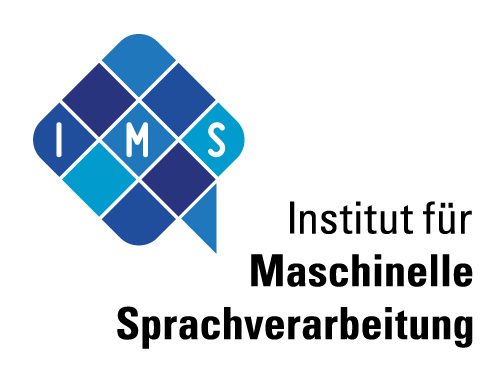| 29.09.2018 | The WASSA program is now available <here>. |
| 14.08.2018 | The acceptance or rejection notifications will be sent on August 30th. |
| 25.07.2018 | The deadline for WASSA 2018 has been extended to August 5. |
| 20.07.2018 | The WASSA 2018 Shared Task on Implicit Emotion has finalized. Results and ranking can be found on the dedicated page at: http://implicitemotions.wassa2018.com/ |
| 20.02.2018 | The WASSA 2018 Shared Task on Implicit Emotion has been launched. More information can be found on the dedicated page at: http://implicitemotions.wassa2018.com/ |
| 01.02.2018 | The WASSA 2018 website now launched. |

|

|




|
NEWS
SCOPE OF THE WORKSHOP
Two thousand five hundred years ago, Democritus said: ''Nothing exists except atoms and empty space. Everything else is opinion.'' Today, this saying is omnipresent, as the state of our social interpretation of reality has been denominated the ''post-truth society''. Research in automatic Subjectivity and Sentiment Analysis (SSA), as subtasks of Affective Computing and Natural Language Processing (NLP), has flourished in the past years. The growth in interest in these tasks was motivated by the birth and rapid expansion of the Social Web that made it possible for people all over the world to share, comment or consult content on any given topic. In this context, opinions, sentiments and emotions expressed in Social Media texts have been shown to have a high influence on the social and economic behaviour worldwide. SSA systems are highly relevant to many real-world applications (e.g. marketing, eGovernance, business intelligence, social analysis) and also to many tasks in Natural Language Processing (NLP) - information extraction, question answering, textual entailment, to name just a few. The importance of this field has been proven by the high number of approaches proposed in research in the past decade, as well as by the interest that it raised from other disciplines (Economics, Sociology, Psychology, Marketing, Crisis Management disciplines (Economics, Sociology, Psychology, Marketing, Crisis Management, and Behavioral Studies, Digital Humanities) and the applications that were created using its technology. Next to the growth in the diversity of applications, task definitions change towards more complex challenges: Subjectivity, polarity recognition and opinion mining has been enriched with fine-grained aspect and target level predictions. Polarity as a concept is complemented by emotion models as defined from psychological research. In spite of the growing body of research in the area in the past years, dealing with affective phenomena in text has proven to be a complex, interdisciplinary problem that remains far from being solved. Its challenges include the need to address the issue from different perspectives and at different levels, depending on the characteristics of the textual genre, the language(s) treated and the final application for which the analysis is done.
CALL FOR PAPERS
The aim of the 9th Workshop on Computational Approaches to Subjectivity, Sentiment and Social Media Analysis (WASSA 2018) is to continue the line of the previous editions, bringing together researchers in Computational Linguistics working on Subjectivity and Sentiment Analysis and researchers working on interdisciplinary aspects of affect computation from text. Additionally, starting with WASSA 2013, we extended the focus to Social Media phenomena and the impact of affect-related phenomena in this context. In this new proposed edition, we would like to encourage the submission of long and short research and demo papers including, but not restricted to the following topics related to subjectivity and sentiment analysis: Download the pdf version of the CFP. WASSA 2018 anti-harrassment policy following the ACL anti-harassment policy. https://www.aclweb.org/adminwiki/index.php?title=Anti-Harassment_Policy TOPICS OF INTEREST
We encourage the submission of long and short research and demo papers including, but not restricted to the following topics related to subjectivity, sentiment and social media analysis:
|